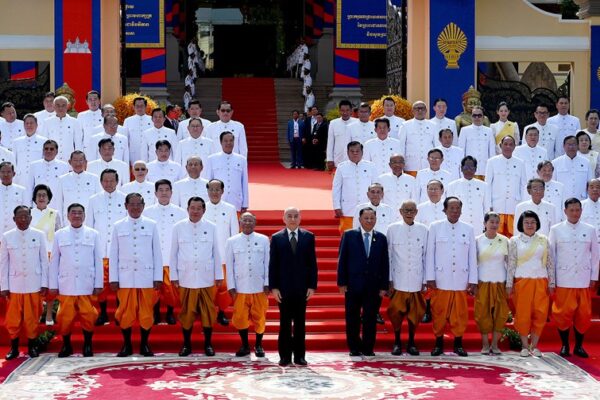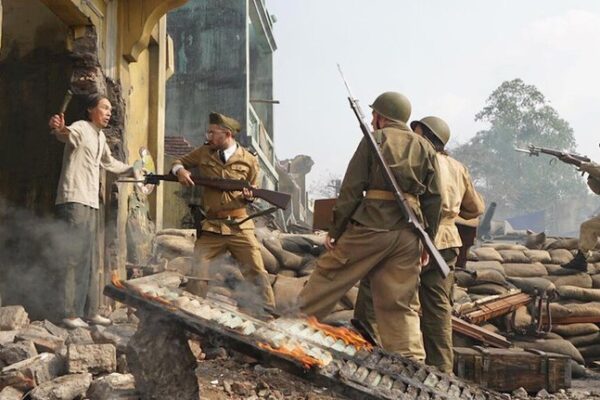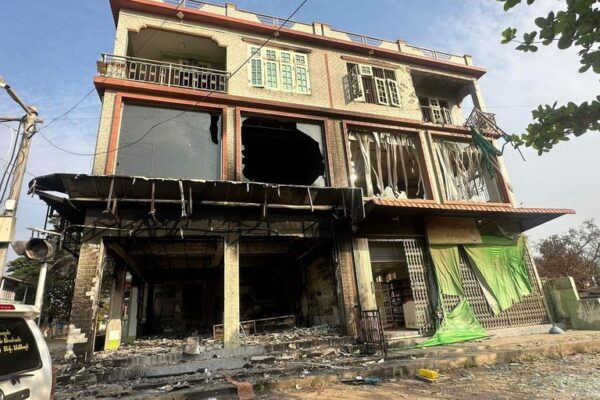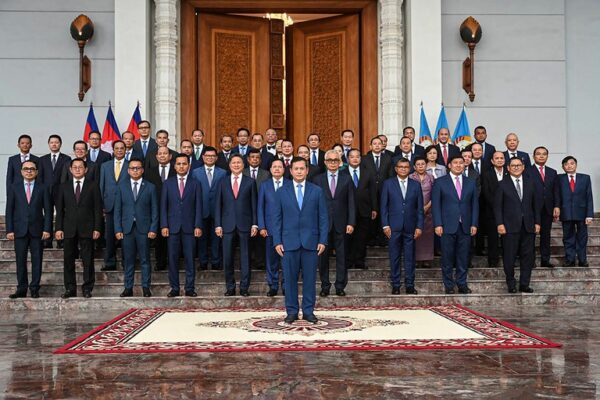
Why Laos’ Communists cannot do anti-corruption
Corruption is often seen as a byproduct, a quirk, of a political system. But in many authoritarian states, it is actually the modus operandi. Consider what binds a political structure together. How do you make sure that lowly officials in the provinces listen to their masters in the capital? How do you instill the sense that everyone is working together for the same cause, that all participants aren’t just a bunch of self-interested, warring individuals? One way is through terror. Officials listened to Joseph Stalin, the Soviet dictator, and his Politburo because they feared for their lives. Another is through a common sense of purpose. This could be ideological. Everyone works towards the same goals because they believe they are creating a better world. Or it could be existential, such as everyone pulling together during wartime. Or it could be transactional, as we see in meritocracies, with everyone accepting the norms and hierarchies of the political structure because doing so means they stand a chance of advancing up the political ladder. Cambodia’s King Norodom Sihamoni, front center, and members of Cambodia’s government pose with newly elected members of parliament during the opening ceremony at the National Assembly building in Phnom Penh on Aug. 21, 2023. (Tang Chhin Sothy/AFP) However, another method is through corruption, what some academics would call “rent-seeking”. Low-ranking officials in the provinces pay heed to their superiors in the capital because they are all part of vast patronage networks. Low-ranking officials are loyal to their patrons in return for financial benefits and promotion, while the higher-ranking patrons in government are able to get others to follow their policies because they control the fortunes of those lower down the hierarchy. Moreover, corruption provides something of a common purpose, a common understanding, amongst all levels of the political structure. Everyone knows how the game is rigged and that they have to pay fealty to those who control the most important patronage networks in order to advance up the hierarchy. Indeed, graft instills a sense of loyalty. When harmonized, as in Cambodia, a rent-seeking system ensures that all political grandees have just enough access to financial rewards and that graft is spread somewhat equitably so that there are no major internal frictions. That begs the question of how anti-corruption campaigns can work in authoritarian states that previously had rent-seeking systems. Vietnam is a good example. Before 2016, the Communist Party of Vietnam held its hierarchy together in large part through corruption. This was partly because of the decentralization that occurred in the 2000s, which made it much more difficult for the central party apparatus to control what was happening in the provinces and districts. More importantly, ideological factors that had previously held the Communist Party together began to fade. Rent-seeking cadres By the early 1990s, when Hanoi made peace with Beijing, Vietnam was for the first time in half a century unthreatened by a foreign power. No longer could the CPV compel internal cohesion within its ranks through rally-around-the-flag appeals to cohesion and unity At the same time, because the Vietnamese government became more professionalized, it meant bringing in non-communist officials. This, added to the public’s disinterest in socialist ideals, especially after the capitalist reforms in 1986, meant that communist ideology no longer functioned as a way to bind the political structure together. And the CPV was no longer the sole arbitrator of nationalism. In the early 2000s, a popular strain of nationalism emerged among the public that accused the party of being unpatriotic for selling Vietnamese land to foreign (mainly Chinese) investors, which culminated in the momentous Bauxite protests of 2009. Amid these social changes, a new generation of rent-seeking apparatchiks emerged – personified by Nguyen Tan Dung, who became prime minister in 2006 – who cast aside ideology and nationalism and instead embraced graft as a way of building their own personal power and binding the splintering party apparatus. This led to a reaction, however, from the more ideological factions of the party, led by Nguyen Phu Trong, who became party chief in 2012. Vietnam’s Communist Party general secretary Nguyen Phu Trong, left, gestures as he arrives at the National Assembly in Hanoi on Jan. 15, 2024. (Nhac Nguyen/AFP) However, it was only when he defeated Dung in the 2016 National Congress that Trong launched his anti-corruption campaign. Even then, dismissing or jailing the corrupt was only one side of the coin. Far more important, as Trong has acknowledged, has been his so-called “morality campaign”. Since 2016, he has reinstated socialist ideology and ethics as the defining factor of party membership. To be promoted now, an official must at least rhetorically profess fealty to socialism and demonstrate a clean, hard-working lifestyle. At the same time, Trong has re-centralized power, taking away authority from the provincial officials and giving it to his small clique in Hanoi, which is one reason why he has struggled to find a successor, given that he has now cloaked his own position in so much power — perhaps the most since 1986 — that it has become even more precarious and existential if the CPV selects an unfit successor. So what about next-door Laos? Similar to Vietnam, it embraced decentralization in the 1990s, stripping the apparatchiks in Vientiane of some of their authority. Given its geography, the central party apparatus in Laos has always been unable to fully control what local officials do. Its capitalist reforms in the late 1980s also stripped socialist ideology as a common cause within Lao People’s Revolutionary Party (LPRP). In fact, the LPRP has long been less ideological than its Vietnamese counterpart. Anti-corruption failure Nationalism, too, has disappeared. Indeed, the growing anti-Chinese chorus of Laotians has led many to regard the LPRP with disdain, believing it has allowed foreign businesses to destroy the environment and made Laotians second-class citizens. Unlike in Vietnam, however, anti-corruption efforts have failed in Laos. When he became prime minister in 2016, Thongloun Sisssoloth vowed to unleash a vast anti-graft campaign, but it had…




